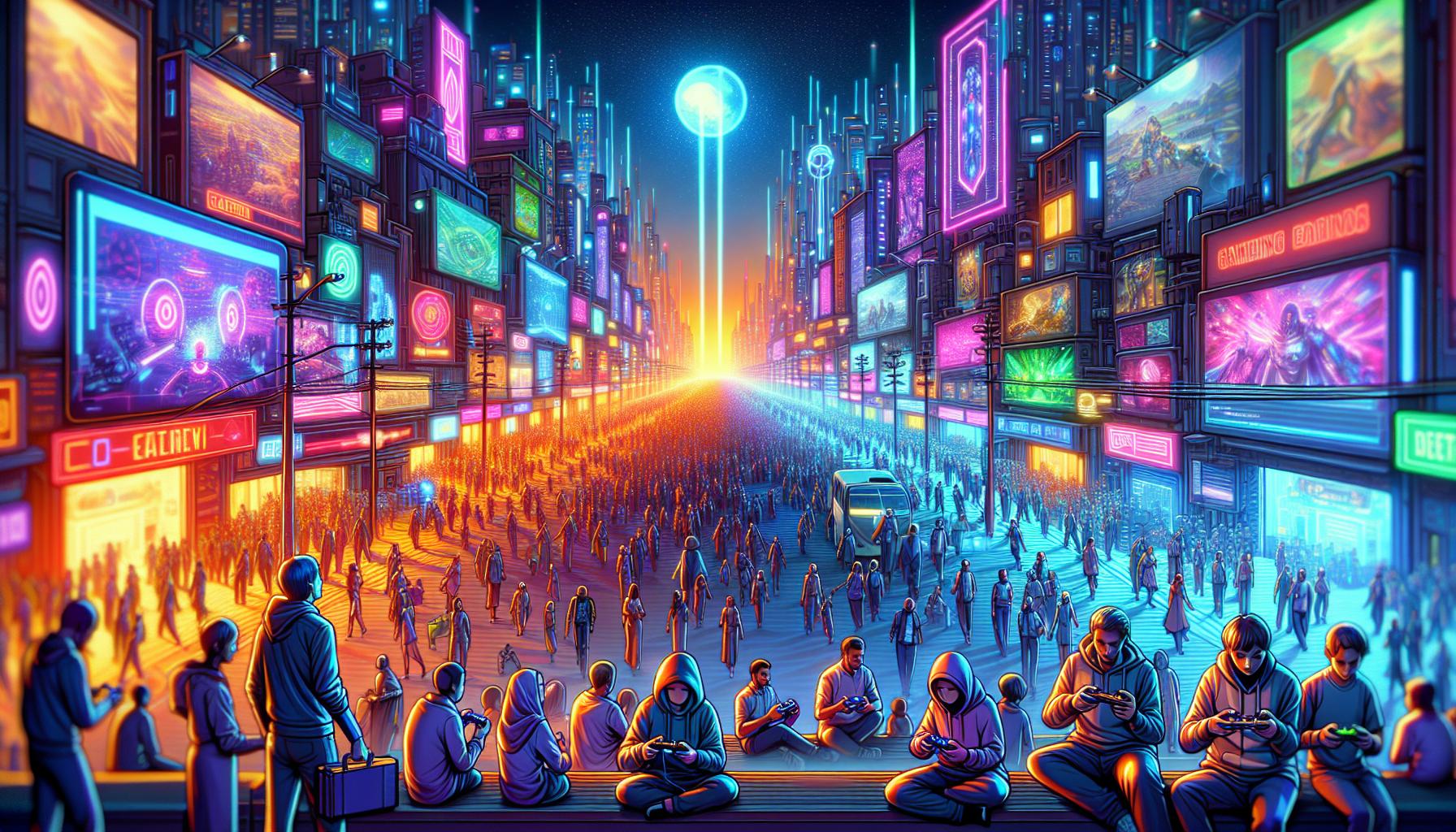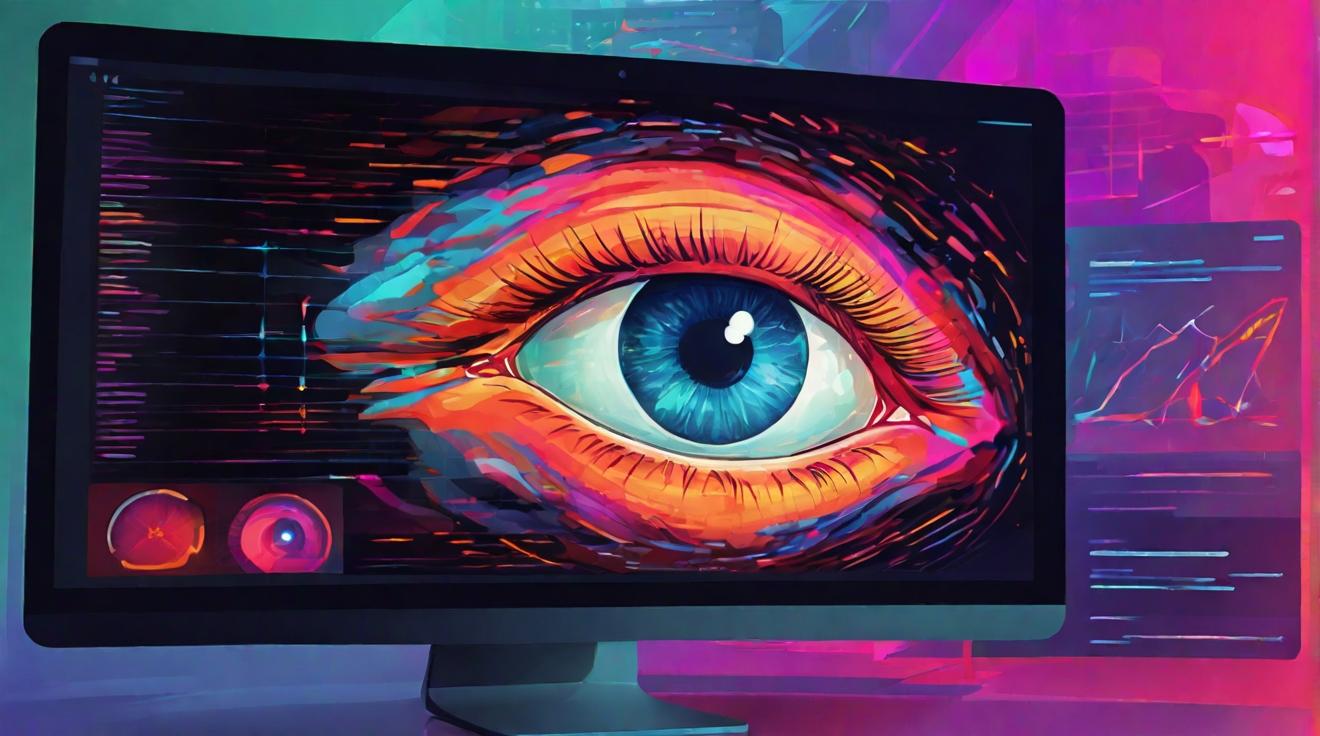Artificial Intelligence Agents Demonstrate Human-like Trust, New Research Finds
Researchers discover AI systems capable of mimicking human trust behavior through self-learning processes.
New research published in the journal Management Science suggests that artificial intelligence (AI) agents can develop trust similar to that of humans. Led by Yan (Diana) Wu from San Jose State University, Jason Xianghua Wu from the University of New South Wales, Kay Yut Chen from The University of Texas at Arlington, and Lei Hua from The University of Texas at Tyler, the study reveals that AI can replicate human trust through its ability to self-learn.
The study employed artificial agents with deep learning in a “Trust Game” to provide compelling evidence of AI’s potential to not only learn and interact independently, but also to develop social intelligence crucial for economic exchanges. This breakthrough showcases the possibility of creating decision support systems powered by autonomous AI agents capable of building trust without human intervention.
By comparing AI agents with human decision-makers, the researchers aim to deepen the understanding of AI behavior in social contexts. This analysis offers valuable insights into AI’s ability to cooperate and make decisions in response to various scenarios. The findings point to a future where AI systems can learn from and adapt to social norms and expectations, similar to humans. This advancement holds great potential for the improvement of AI technologies in social and economic exchanges.
The researchers are optimistic that this discovery will pave the way for AI systems to exhibit social intelligence, ultimately enhancing outcomes in diverse scenarios through autonomous trust-building. With AI’s increasing ability to replicate human trust behavior, the possibilities for AI in decision-making and economic exchanges are boundless. This research offers hope for a future where AI not only functions independently, but also understands and responds to social cues, leading to even greater advancements in AI technology.
Analyst comment
Positive news. The research findings suggest that AI systems can develop trust similar to humans through self-learning. This breakthrough paves the way for decision support systems powered by autonomous AI agents capable of building trust without human intervention. AI’s ability to replicate human trust behavior holds great potential for advancements in AI technology and economic exchanges. The market for AI technologies is expected to grow as the possibilities for AI in decision-making and social interactions expand.













